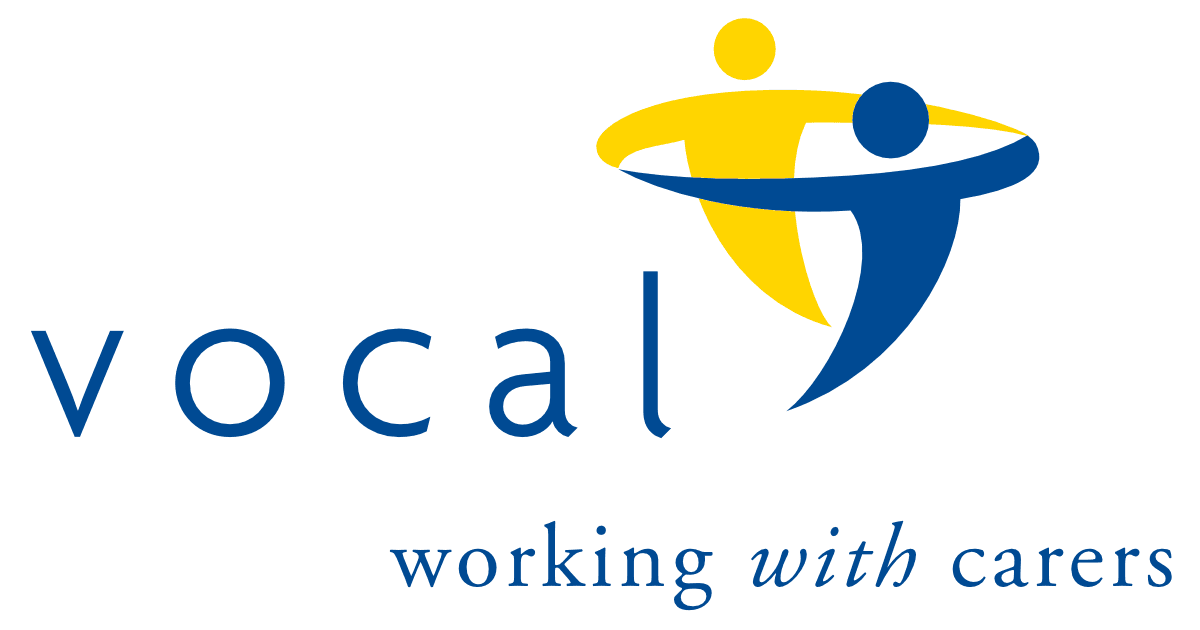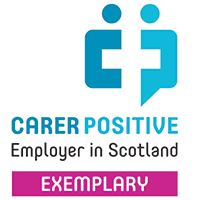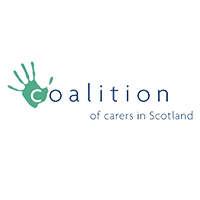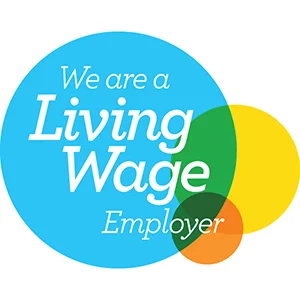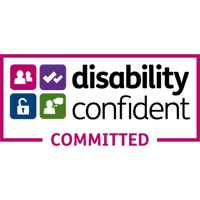Unpaid carers’ mental and physical health declining
VOCAL, Voice of Carers Across Lothian, has today released the results of its 2021 Carer Survey, conducted jointly with partner agencies and Scotinform. Over 1,200 carers looking after someone in Edinburgh and Midlothian shared their views and experiences. The results illustrate the stark challenges faced by unpaid carers in the wake of the pandemic and a health and social care system struggling to fulfil its statutory functions.
Produced by VOCAL, the Carer Survey aims to provide a profile of carers and understand the impact of caring across three areas:
- health and wellbeing
- money and work
- time away from caring
We found that 4 in 5 respondents were female, and nearly two thirds have been caring for more than five years. A fifth have been caring for more than 20 years. Nearly half of respondents provide more than 50 hours of care per week and a quarter are caring for more than one person.
The results highlight a significant decline* in carers’ health and wellbeing. 66% felt that ‘being a carer has affected my physical health’ and 79% that ‘being a carer has affected my mental health’.
Over 50% also reported that their caring role has resulted in missed or postponed appointments or a delay in treatment for their own health.
“I have become so unwell I myself have had to be cared for.”
“Completely exhausted and running on empty. I never feel rested, just depleted…I suffer with horrendous migraines and the doctors have told me to reduce the stress levels in my life, but how is this possible?”
53% of carers feel isolated from family and friends and 48% don’t feel they have a good balance between caring and other things in their life. Only 29% of carers agree that they feel supported to continue caring.
As with health and wellbeing, the impact of caring on money and work is concerning. Over half of respondents felt that being a carer has had a negative impact on their finances. An increasing number of carers are of working age, but 33% said they have stopped working because of their caring role. 17% have had to borrow money and 8% have used a foodbank.
“I have no money. That’s the size of it. I have to live hand to mouth, which in turn means, right now I have no life other than caring. Can’t afford to do anything or go anywhere. No spare cash to save for, well, anything really. I’m lucky I have good friends, but I quite literally can’t afford to do anything with them.”
87% of respondents experience challenges when taking a break and barriers are experienced to a greater extent. The main barriers are the carers’ feelings of stress, guilt and worry, resulting in them finding it difficult to relax and a lack of support to look after the person they care for whilst they take a break. 39% said there’s no one else to provide care for the person they look after.
“Caring and working reduced days, half days only – has made immense detrimental impact on my pension contributions. Aged 63 and 4 months, there is [very] little still in the pension pot and I have to force myself to work now as much as possible and close my ears to others talk of holidays and trips away, days out, social life.”
Ruth Hendery, VOCAL Board Member and Carer, said:
“Our local findings confirm the national picture. The pandemic was a watershed for carers. Instead of increasing support to those most vulnerable, many health and social care services reduced or closed their doors – shifting an even greater burden of care onto families, relatives and friends, mostly women, and increasing the sense of isolation felt by many carers. It’s no surprise that carers are struggling to cope with more complex and increasing caring responsibilities, given that they have been propping up our health and social care system.
“Unpaid carers can no longer just be an after-thought in health and social care planning. The development of the National Care Service in Scotland must place the value of Scotland’s carers centre-stage and secure their right to regular breaks, financial support and their right as equal partners in care.
“Carer support agencies must be well funded to keep up with demand and deal with the wide-ranging and sometimes harrowing circumstances carers face daily. As the lead agency for carer support in Edinburgh and Midlothian, VOCAL calls on national and local government to increase the funding base for health and social care and shift more power, control and funding to families, carers and to third sector ‘anchor organisations’ who are often better placed to reach those in greatest need.
“We would also urge any carers who require support, to get in touch.”
Many respondents praised the supports provided by VOCAL, other carer agencies and third sector providers, highlighting the importance of these organisations in supporting unpaid carers. They said:
“I feel I am not alone. I know that in my day to day caring and when big decisions have to be made I can access support”
“They helped me find a stability in life and strike a balance between my duties as a carer and my life as a spouse and son.”
You can download the survey results using the following links:
- 2021 Carer Survey – Full Report
- Edinburgh Report
- Midlothian Report
